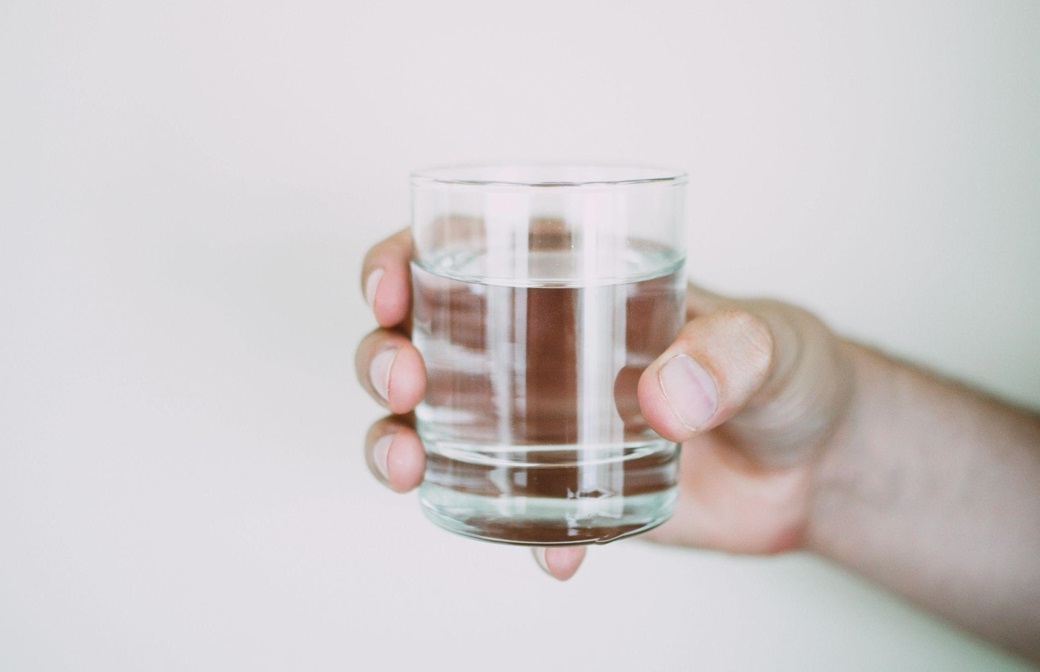How long does it take for water to go through your system? Why does this matter, and how can understanding water’s journey through your body improve your health?
The short answer is, between one and two days. But there are many factors that affect the amount of time water stays inside you. Understanding how water travels through the body and how long it takes allows you to decide when and how much to drink.
When you’re spending time in the heat, you face an increased risk of dehydration, so water consumption is even more important.
Why Is Hydration So Important?
Proper hydration is an important part of good health. Your water intake affects the natural functions of your body. If you want to be healthy, you need to stay hydrated, and water is your best option for hydration.
Why should you stay hydrated?
Drinking enough water affects physical performance. When you’re dehydrated, you have a higher risk of:
- Fatigue
- Poor coordination
- Foggy mental function
As any athlete will tell you, these things impact their performance.
Water allows your brain to function optimally. This is because your brain needs water to function optimally. Most people experience fuzzy thinking and difficulty concentrating when they’re dehydrated.
When you drink enough to keep you hydrated, you can focus better and be in a better mood. Drinking water helps you regulate your body temperature. Staying hydrated allows the body to maintain a stable internal temperature.
When you drink enough water, you’ll have a lower risk of heat-related health conditions, including heat stroke. Drinking plenty of water when you’re in the heat and sweating is even more important.
Water enhances digestion and the absorption of nutrients. People who drink enough water have a lower risk of constipation and other digestive issues.
Water boosts healthy skin. It keeps your skin moist and supple, reducing your risk of premature aging.
How long does it take for water to pass through your system, and how can knowing this help you?
Here are eight fun facts you need to know.
1. The enzyme amylase in saliva helps break down carbohydrates and initiate digestion.
Saliva plays an essential role in the body’s absorption of water. It moistens and lubricates the mouth, making swallowing easier and ensuring water and other liquids can move smoothly through the mouth and down the esophagus without discomfort or obstruction.
2. The esophagus can move water down to the stomach in a matter of seconds, aided by peristalsis.
Most people don’t give much thought to their esophagus, but it plays a vital role in your body’s day-to-day functions, including water ingestion. Your esophagus carries water from your mouth to your stomach, which can be absorbed into your body.
3. Water doesn’t stay in the stomach for long.
Water typically passes through to the small intestine within minutes. This also means it doesn’t take long to hydrate your body, but you shouldn’t wait until you are dehydrated or even thirsty to drink water.
Sipping water throughout the day allows your small intestine to absorb water efficiently and helps you stay consistently hydrated.
4. Most of the body’s water absorption occurs in the small intestine, facilitated by specialized cells.
The combined action of passive diffusion, osmosis, aquaporins, and active transport ensures efficient water absorption in the small intestine when you drink.
These things work together to move water molecules from the intestinal lumen into the bloodstream, where they can be distributed throughout the body to maintain hydration and support various physiological functions.
5. The colon helps maintain water balance and how your body forms waste.
Water absorption and reabsorption in the colon are crucial in regulating fluid balance and maintaining stool consistency. Water absorption occurs primarily in the colon through passive processes driven by osmosis.
6. The kidneys maintain fluid balance in the body by controlling urine concentration.
The amount of water you drink affects the function of your kidneys. Optimal kidney function ensures adequate hydration and waste removal.
Once you take a sip, water enters your bloodstream and circulates throughout the human body, reaching the kidneys. The kidneys are a filtration system. They remove excess water, waste products, and other substances from the blood to form urine.
7. On average, adults urinate about 6 to 8 times a day, but this can vary depending on individual factors such as hydration status and bladder capacity.
On average, adults urinate approximately six to eight times a day, although individual frequency can vary based on several factors.
One of the primary determinants of urination frequency is fluid intake, as consuming larger volumes of liquids increases urine production and the need to urinate.
Additionally, the type of fluids consumed, such as caffeinated or alcoholic beverages, can have a diuretic effect, stimulating more frequent urination. Other things that affect how often you urinate include:
- Age
- Certain medical conditions, including UTIs, diabetes, or prostate enlargement
- Nervous system issues
8. Water typically passes through the system and is excreted as urine within 24-48 hours.
The time it takes for water to pass through the human body and be excreted as urine can vary depending on several factors. For example, urine excretion is affected by:
- Hydration status
- Individual metabolism
- Overall health
For most people, water typically passes through the system and is excreted as urine within 24 to 48 hours.
If you’re looking for a reliable and cost-effective water filtration system, talk to us! We are Canada’s foremost distributors of Berkey Water Filters for both homes and businesses.


